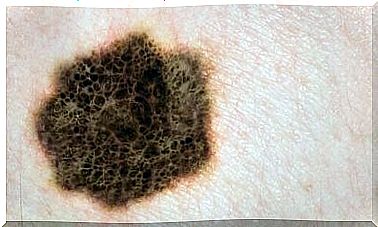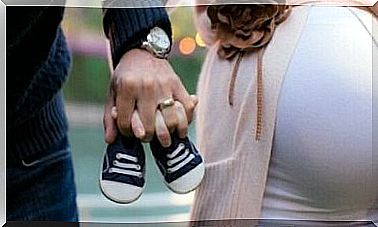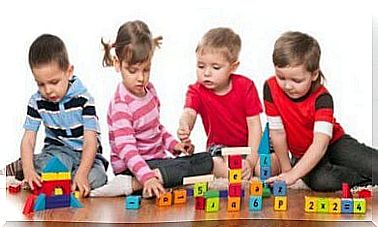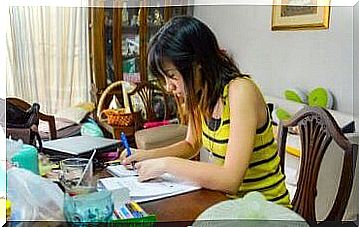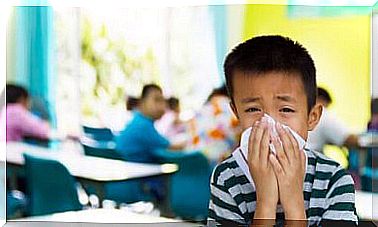How To Develop Fine Motor Skills In Children? – Being Parents
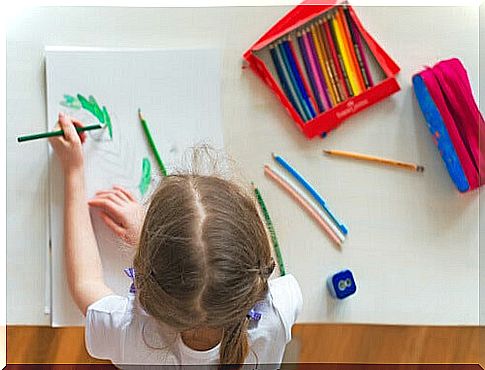
Stimulating the development of fine motor skills from an early age will allow the child (for example) to accurately hold a brush and paint.
As babies grow older under normal circumstances, they develop fine motor skills. How do they do this? By exploring the world through touch, holding and throwing objects etc. At first, babies will start to pick up whatever they have around them. This in order to experience the texture of the different objects within their reach, out of simple curiosity.
Later, they will play with objects, throw them, collect them and, in general, play with them. Believe it or not, as this happens, the baby will gradually exercise the muscles in his hands and forearms. He will thus obtain more power in the grip of an object. He will also gain more control over his own strength when grabbing or throwing an object.
Some activities to develop fine motor skills
- Draw
- To write
- Cut and glue
- Embroider with wool
- Use a punch
- Practice origami (the art of folding)
- Play with plasticine
- Some other similar activities
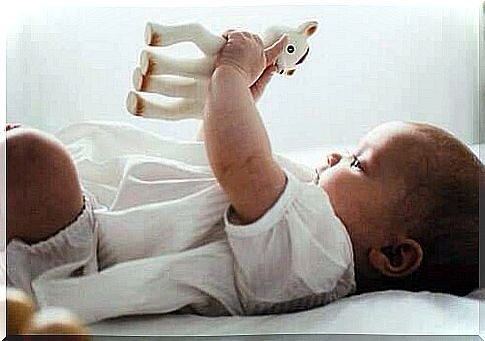
Why are these activities so important?
One of the first signs of the development of fine motor skills in babies is their ability to grab, hold and move objects.
With adequate stimulation, over time the baby will be able to learn to hold a pen and doodle on a piece of paper and so on until he is mature enough to use crayons and cut with scissors. (at blunt tip).
Each time children use their hands to perform tasks, the coordination between their hands and their eyesight improves.
This is especially true for learning to draw, color, read and write. Indeed, these are activities that they will do throughout their life and you can allow them to develop them in other areas, such as the school environment.
In addition to being able to play freely and doodle on a piece of paper at an early age, free exploration of the world around them and especially of objects helps children achieve a good level of development. and build healthy self-esteem.
Signs of the development of fine motor skills
At birth, babies have little or no control over their limbs and the force they exert. However, from the 8th week babies start to stretch their arms slightly. They start to move them and to shake them. It is part of their natural development, especially that of touch.
From the 5th month, a baby can hold an object firmly. Gradually, they reach the stage where they can use their hand entirely and / or the thumb to grip an object. They then experiment with dropping an object, shaking it or hitting it.
From the age of 12 months, children already have greater control of their hands, which makes them more agile. In this way they can have fun with different toys (stuffed animals, Legos etc) turn the pages of a story book and take a pencil with the control necessary to draw or color doodles.
Fine motor skills allow children to write and do other activities that are necessary for the rest of their lives.
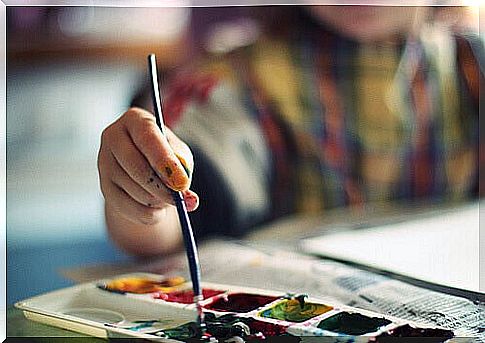
Activities to develop your baby’s skills
Letting your child explore the world as freely is the best thing you can do to encourage the natural development of fine motor skills.
Obviously, when he is small he needs constant adult supervision. However, as he grows older he should be encouraged to play with his little fingers.
Have play dough at home
It seems that classic plasticine helps children to strengthen the muscles of their fingers. Modeling, straightening and shaping helps your child develop motor skills and have a very important sensory experience through play.
Create bathroom murals
Play is basically how children learn and also develop motor skills and coordination. To help them you can cut out foam figures of several shapes.
The characters created in this material will adhere to the walls of the bathtub or to the ceramic in the bathroom. It is a fun and challenging game for children.
Painting with your fingers
A game as easy as using your fingers to paint on a wall or on a piece of thick cardboard. It can help the child to develop coordination between his hands and his eyes.
Playing with water
Fill a sponge with water or fill and empty a bucket with water is a simple game that helps baby build up the power of his hands. These games can become fun if you add a few bubbles or dyes to the water.


